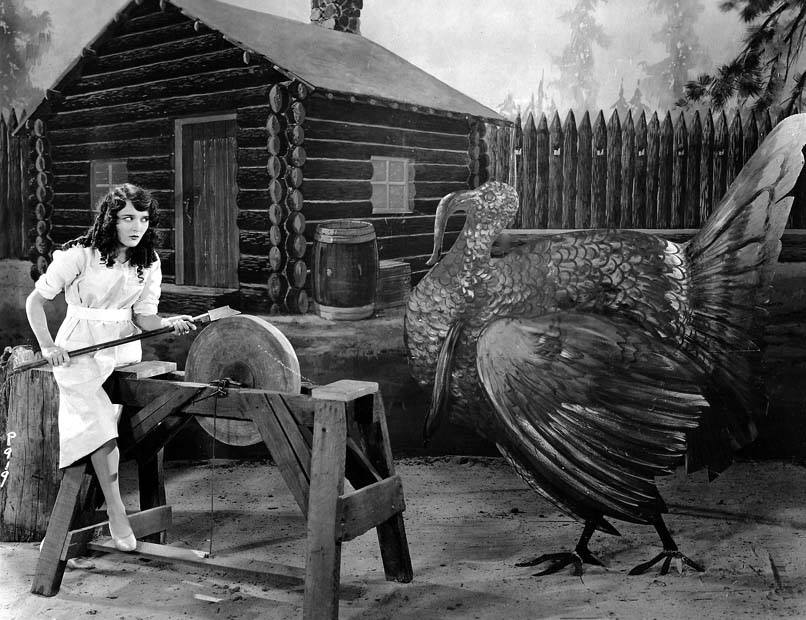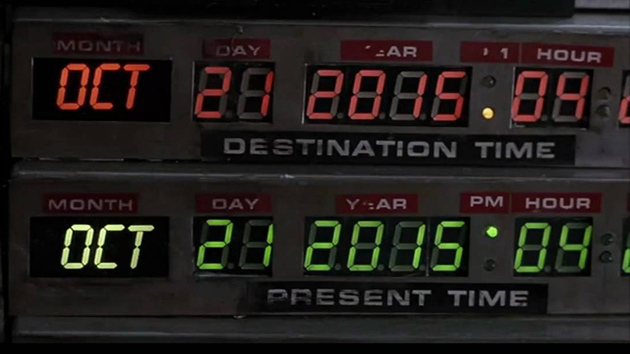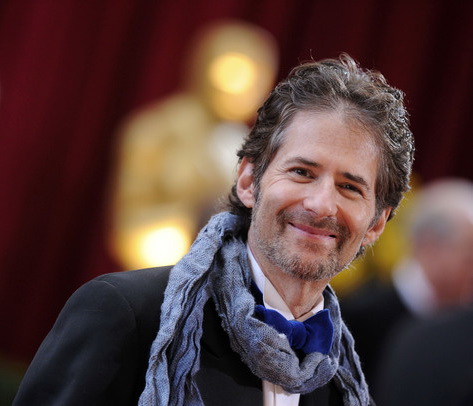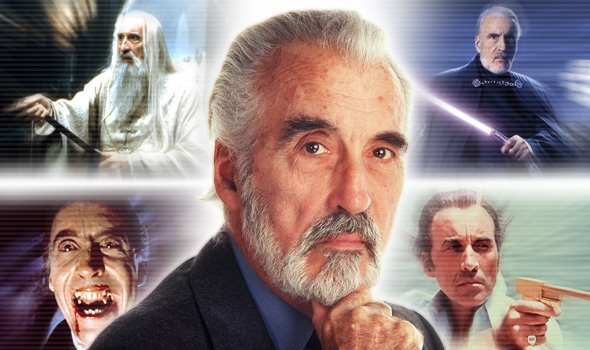 Only days after claiming the Goblin King, that bastard cancer strikes again: Alan Rickman, the well-known and prolific English actor with the magnificently urbane diction, has died at the age of 69. (Bowie was also 69… curious. Somehow, they didn’t strike me as being the same age, although I couldn’t have said which of them seemed older.)
Only days after claiming the Goblin King, that bastard cancer strikes again: Alan Rickman, the well-known and prolific English actor with the magnificently urbane diction, has died at the age of 69. (Bowie was also 69… curious. Somehow, they didn’t strike me as being the same age, although I couldn’t have said which of them seemed older.)
There’s an entire generation of young people in mourning today because Rickman played Severus Snape, the greasy-haired, mean-spirited antagonist who turns out to be more than he initially seems, in the Harry Potter films. (Life lesson: people can be jerks without necessarily being evil, and people often do the right thing for reasons that are entirely their own.) We older film lovers, on the other hand, are more prone to think of him as Hans Gruber, the elegant but brutal leader of the bad guys in the first, best (and only, in my book) Die Hard film. Or as the wicked Sheriff of Nottingham, who so memorably threatens to remove someone’s spleen with a spoon — “because it will hurt more!” — in Robin Hood: Prince of Thieves. Or perhaps as Elliott Marston, the inhumane Australian rancher who hires Tom Selleck to exterminate aborigines in Quigley Down Under.
Rickman was a highly versatile actor who played all sorts of roles, of course. My friend Amber is very fond of his work in the 1995 film version of Austen’s Sense and Sensibility. Many other people have mentioned Galaxy Quest, the sci-fi comedy spoof of Star Trek fandom in which Rickman was a classically trained actor who’s been forever typecast as the alien “Dr. Lazarus,” the character he played in an old TV show, and has grown quite bitter about the whole thing. And I’ve also seen a lot of references to the ensemble romance Love Actually, a movie I’ve never found particularly memorable — nothing against it, it just failed to make much impression on me — but which has its partisans. However, he truly shone when he played the heavy; his erudite manners and magnificent phrasings elevated his villains far beyond mere thugs. A Rickman villain scares you with his intelligence, not his physical prowess or psychotic behavior. And he had a very special talent for sneering; nobody can do an expression of such pure, undiluted contempt as he could. Another friend of mine once described his sneer as “looking like he was balancing a small rat turd on his upper lip.” Disgusting, yes, but such a perfect description that it’s stayed with me for years. His villains were hissably bad, often surprisingly complex, and always insanely fun to watch. What a shame we’ll have no more of them.
Alan Rickman’s demise came as a shock because, like Bowie, he’d managed to keep news of his illness quiet, and also because — again like Bowie — he wasn’t all that old. He still had a lot of great, possibly even iconic parts ahead of him. And what a shame as well that the world has been deprived of a human being who was, reportedly, one of the truly great ones, a man of compassion who stood up for others and was a champion of fairness. He was one of those I hoped to meet someday on the comic-con circuit, and I regret never having that opportunity.
I don’t know if it’s even possible to cure all the seemingly infinite varieties of cancer, or if — as some cynics have suggested — President Obama’s pledge in the State of the Union address the other night to create a “moonshot project” to find a cure was simply intended to be an easy applause line. Maybe so; this is a cynical age we live in. But damn it, I think we ought to make the effort. To paraphrase Sean Connery’s line from the old movie Medicine Man, cancer is the plague of the 21st century, and it’s taken too damn many people. It’s long past time to put a stop to it…
Once again, credit for the excellent photo montage goes to my cousin K’lyn.






